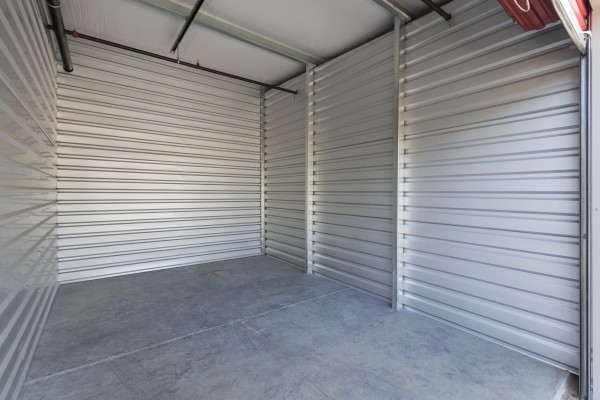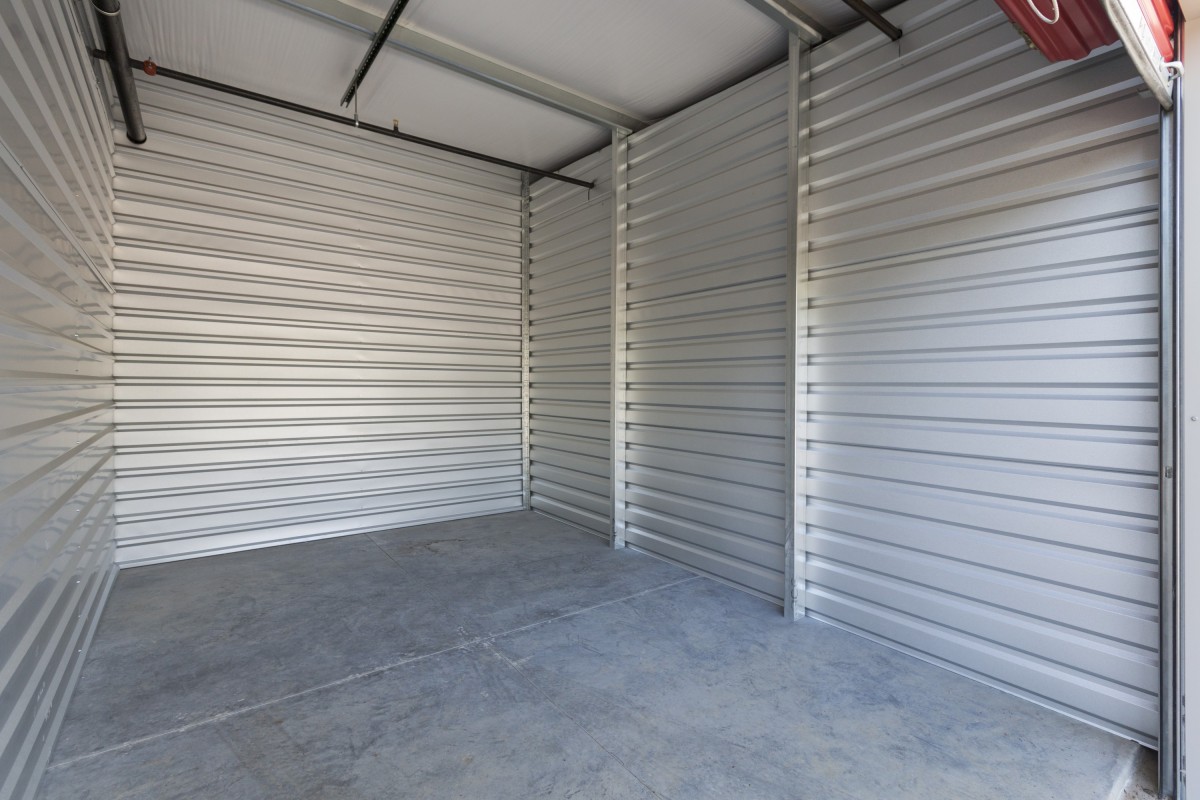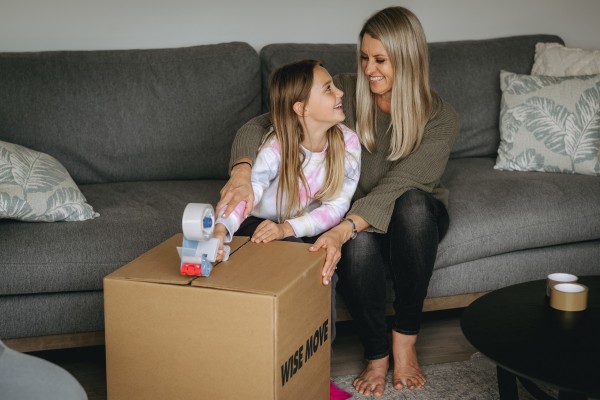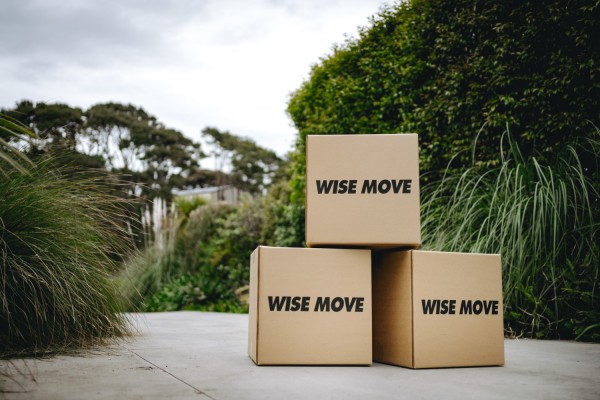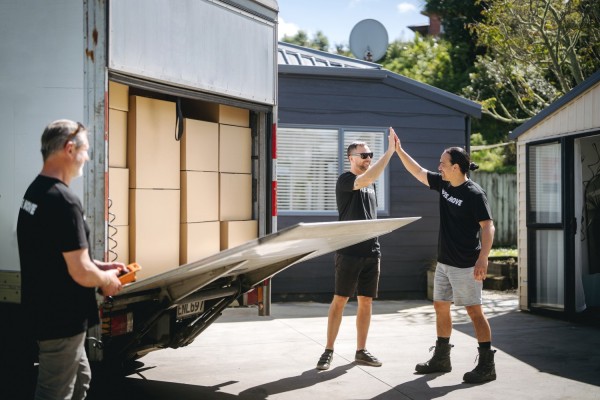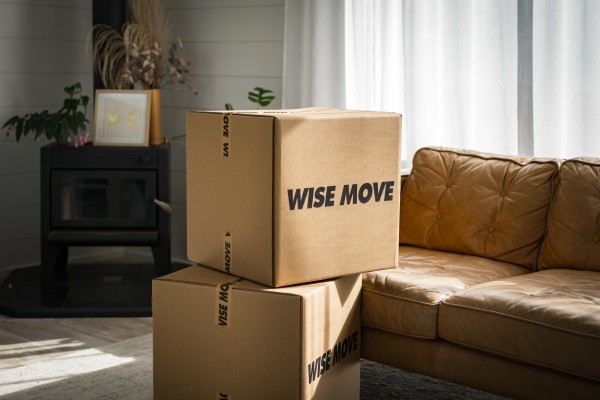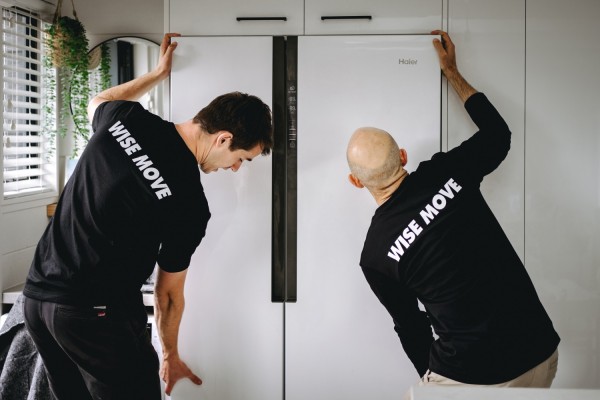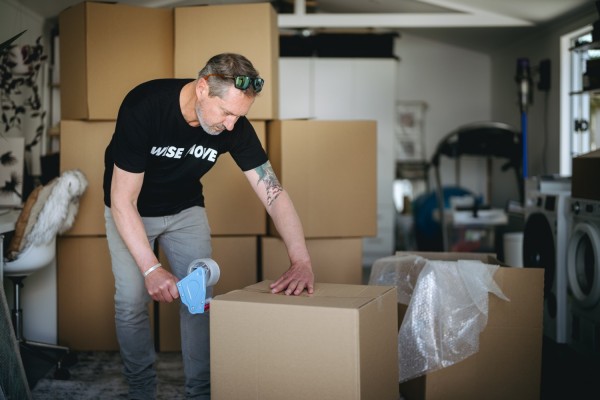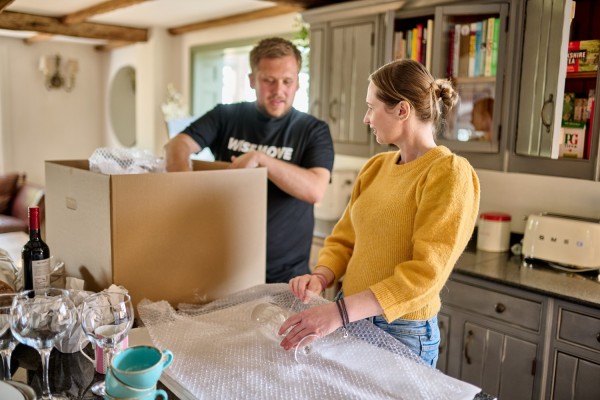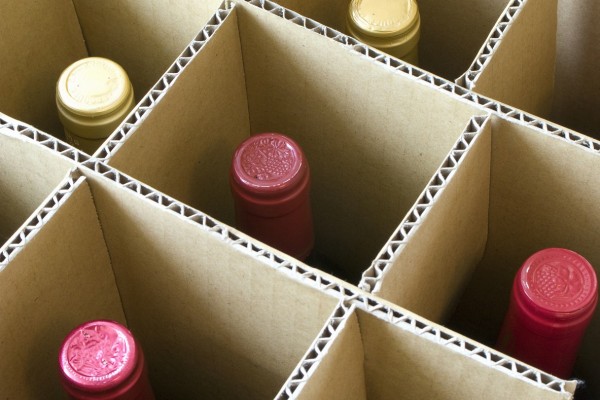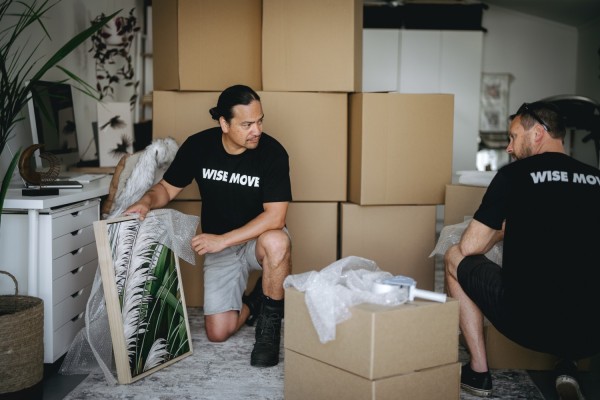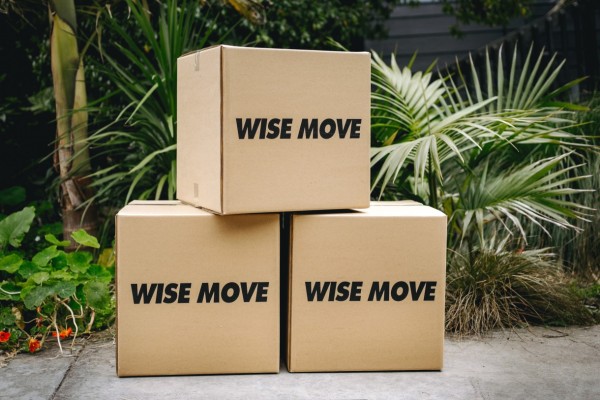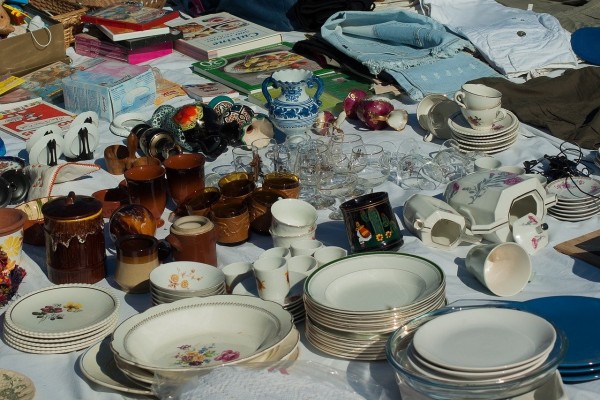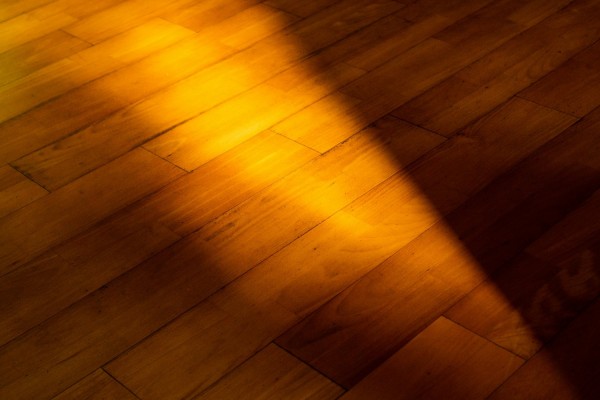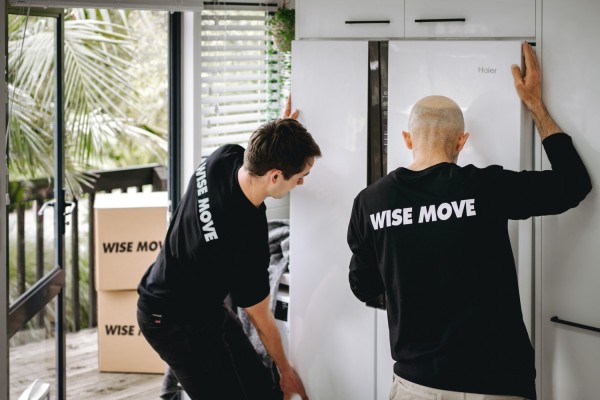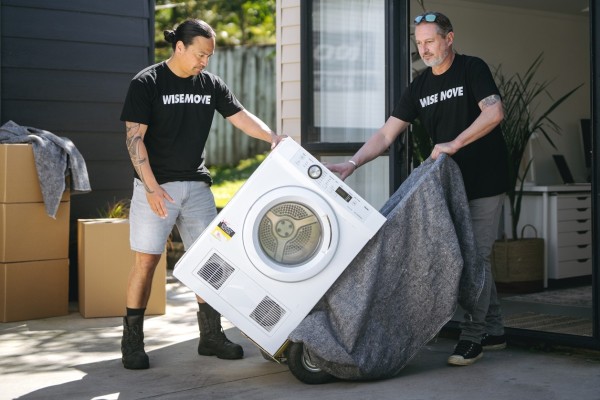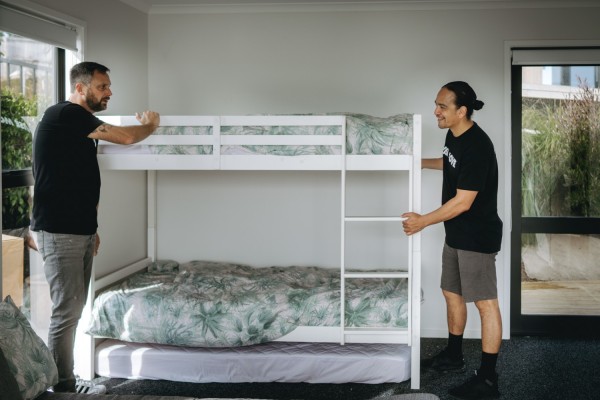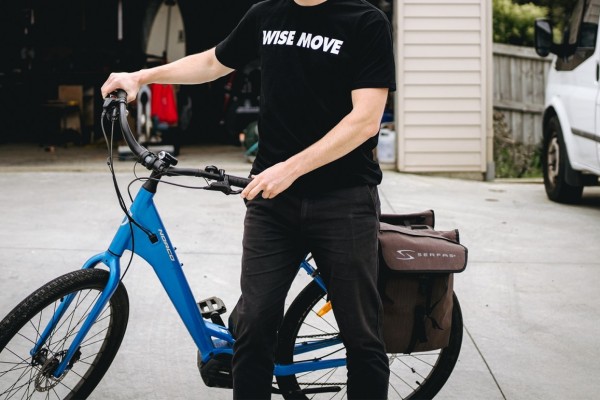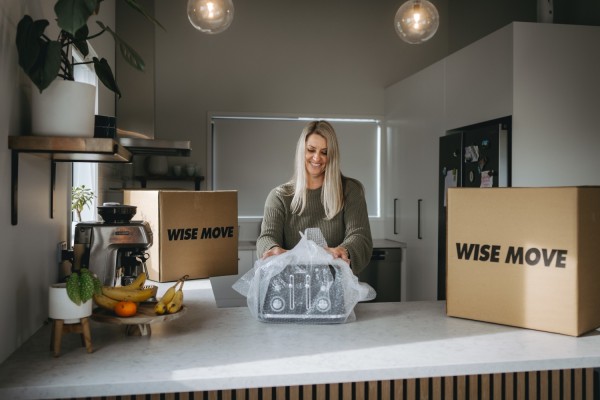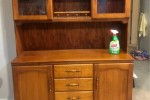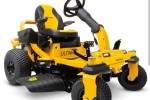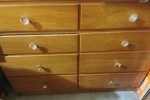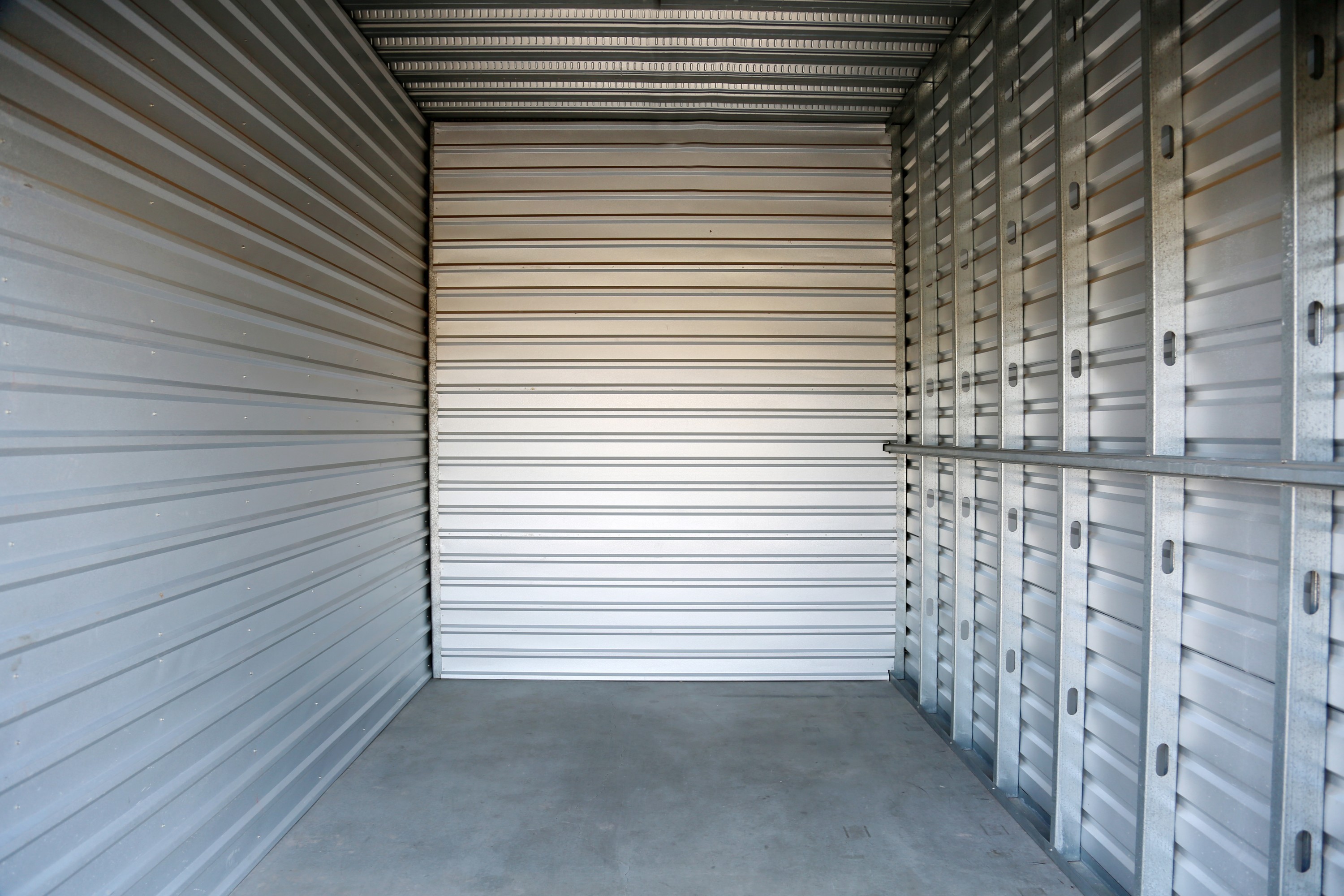
Storage units are a handy option for anyone needing a storage solution. Whether you need a temporary place to hold your belongings before you move or are downsizing to a smaller home and need somewhere to put your belongings, a storage unit is your best answer.
You can store all sorts of things in a storage unit. From furniture to building materials, cars and vehicles, gardening equipment or antiques, the list of items you are allowed to store is nearly endless. But, before you rent out a storage unit there are some things you aren't allowed to store. Avoid storing these items in a storage unit:
1. Food Items
A storage unit is not a place to store any food items. Never store any food and perishable items in a storage unit. Food will attract pests and insects that can destroy things in your storage unit and infest neighbouring units as well. Rotten and expired food can create a bad odour, giving way to bacteria and moulds inside your storage unit. Rotting food can also attract fruit flies, mice, cockroaches and other insects that feed off your food and then eat away at your other belongings.
This also means you might not be able to use your storage unit to keep picked, canned or preserved items. If you planned on using a storage unit as an extension of your larder or to store emergency supplies including food, you could be breaching the rules of the storage unit. Ask your storage provider whether or not you can store shelf-stable items in your rental. You may be able to store canned goods rather than items pickled in glass containers.
2. Hazardous Materials
For safety reasons, storage facilities don’t allow any items that can explode, burn or corrode, to be stored in their units. These items include chemicals, fuels, acids, pesticides, fertilizer, fireworks, propane tanks, kerosene, compressed gas, grease, turpentine, acetone, chlorine, or paint. These items can pose a serious risk to the safety of the storage unit renter and to the property, especially in the event of an earthquake.
If unsure, you can inquire with the storage facility and ask for a list of items they prohibit. Some household cleaners may fall into this category if they are particularly strong. You can get evicted if the storage facility finds out you are storing such items.
3. Animals
Leaving a pet or any animal inside a storage unit is an act of cruelty and abuse. Even if you only plan on leaving an animal overnight, you should so never ever leave an animal in a storage facility. Storage facilities do not have sufficient airflow, light or insulation to keep your pet comfortable and strange surroundings could cause them stress or anxiety. The best way to care for your pet when you're away is to hire a pet sitter or book them into a cattery or dog kennel. If you are no longer capable of taking permanent care of them, the best thing to do is to have a family member or a friend take them, or give them to an animal shelter.
4. Plants
Plants need sunshine, water and fresh air in order to survive, so placing them in a storage facility is not ideal. Plus, plants attract pests and insects, which can create more problems. What you should do instead is to have a family member or a friend plant-sit your beloved houseplants while you are moving.
5. Wet items
Before storing your items in your storage facility, make sure they are completely dry. Moisture plus cardboard boxes are a perfect combination for moulds and mildew to thrive. You don’t want to discover any damaged items upon retrieving your belongings from your storage or even spend hours cleaning your stuff from all the moulds it accumulated.
Storage facilities are an ideal place to store wetsuits, kayaks, surfboards, scuba gear and other wet weather, outdoor or water equipment. Just make sure you've dried your equipment off fully each time you store it. Don't leave your wetsuits to dry in your storage unit. The lack of sunlight and fresh air means they won't dry out. Plus all that moisture has to go somewhere and will likely get absorbed by any soft furnishings or turn into condensation that runs down the walls. Dry your wetsuits out fully and only store them once they are 100% dry to the touch.
6. Valuable Items
Storage facilities take precautions to keep their units secure. Even so, you still shouldn’t store any valuable items like money, jewellery and personal documents like birth certificates, marriage licenses and passports in your storage unit. Keep these items with you when you move.
The same should go for irreplaceable or priceless items. There is always a small risk that your belongings aren't 100% safe in a storage facility. While some facilities have exceptional security, other more affordable facilities may not have a security guard or alarms on the premises. In this case, you should either keep your items at home or pay for a more secure facility. Likewise, storage facilities aren't immune from natural disasters. Flooding, earthquakes, fires or storms can damage these items if you're unlucky. The benefit of keeping these items in your home is that you can take them with you if you need to leave your home in a disaster or emergency.
Wise Move can help you move your items to your new storage unit, no matter where you are based. With its network of trusted and reliable Auckland and Wellington movers, and more moving companies across NZ, you can find an affordable mover for the task.
What do our customers say?






For every (wise)move







